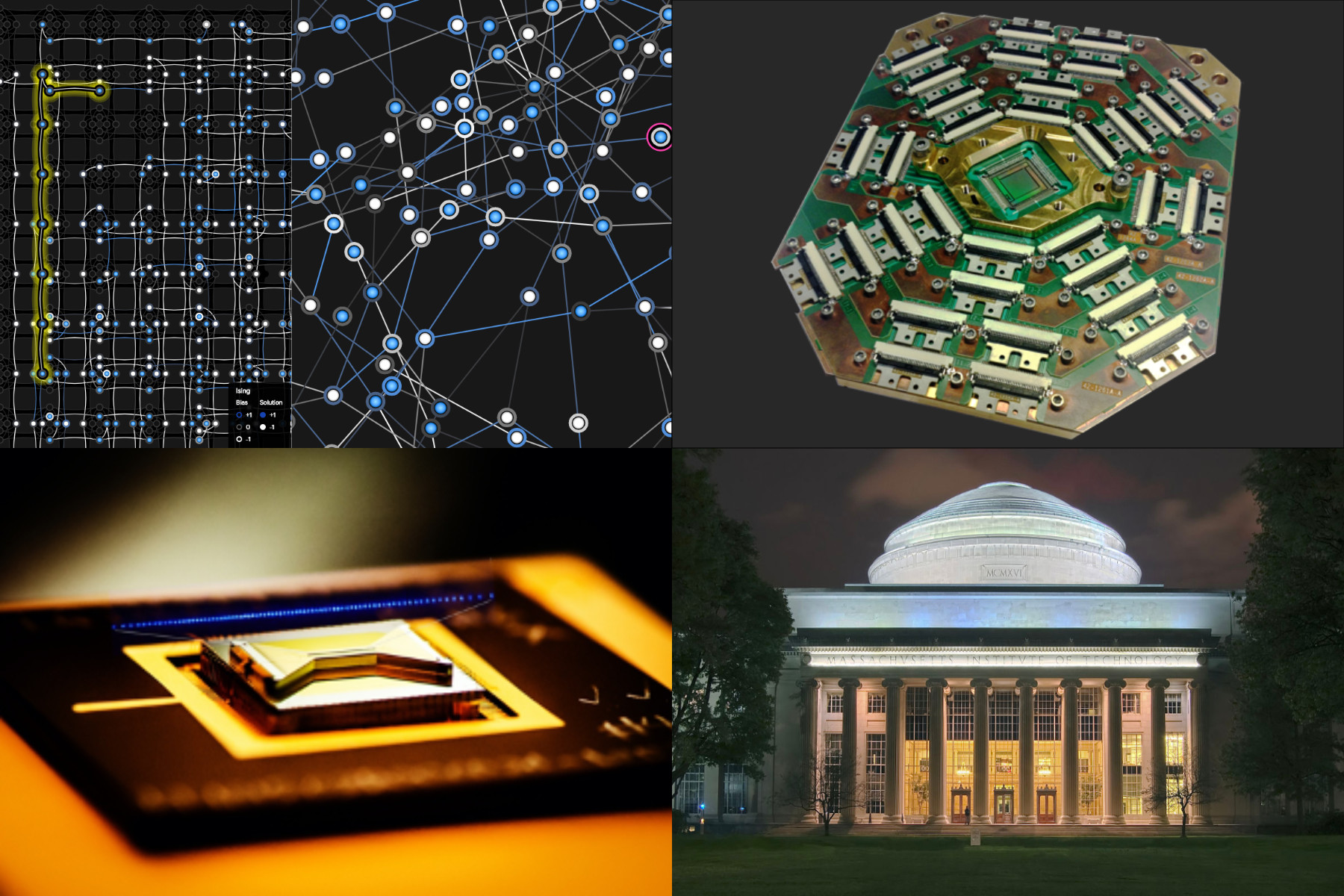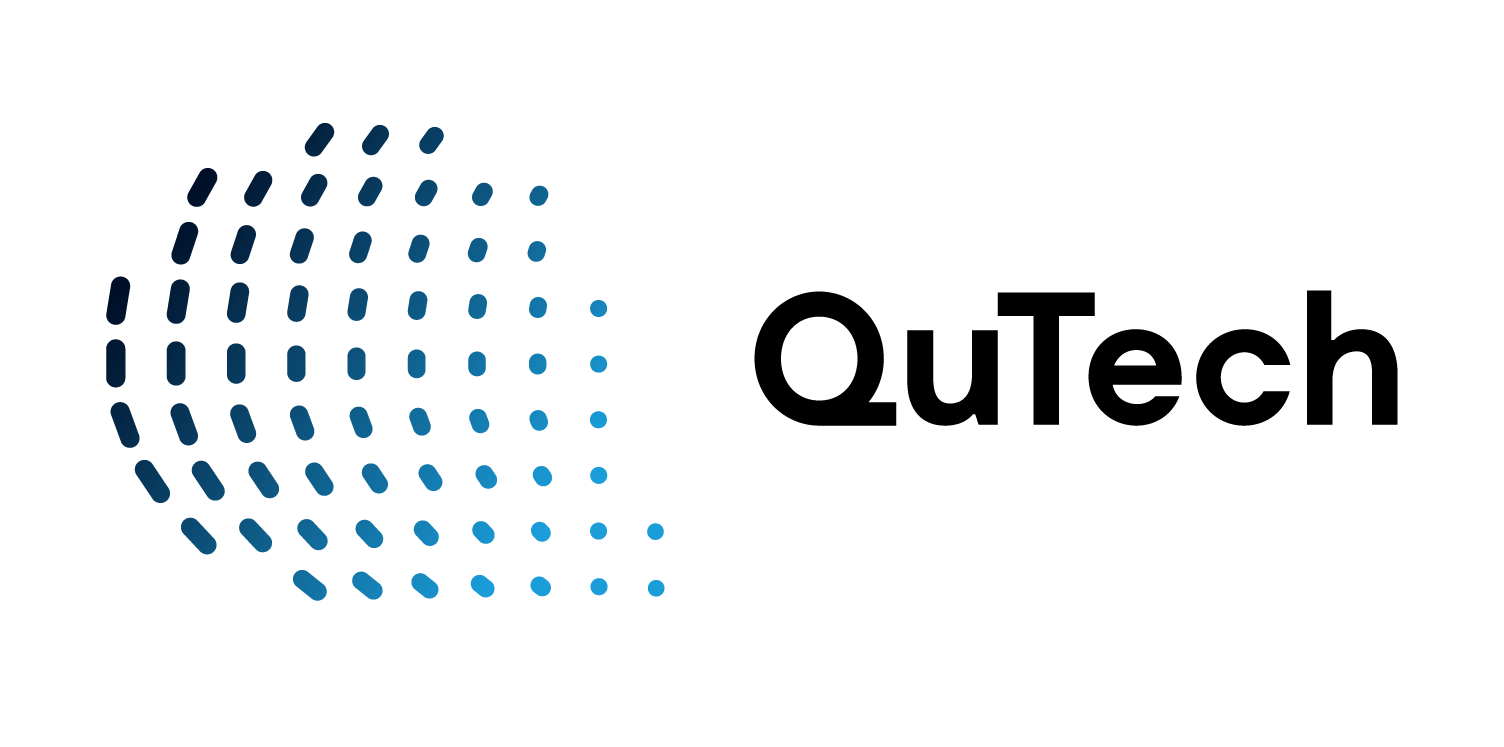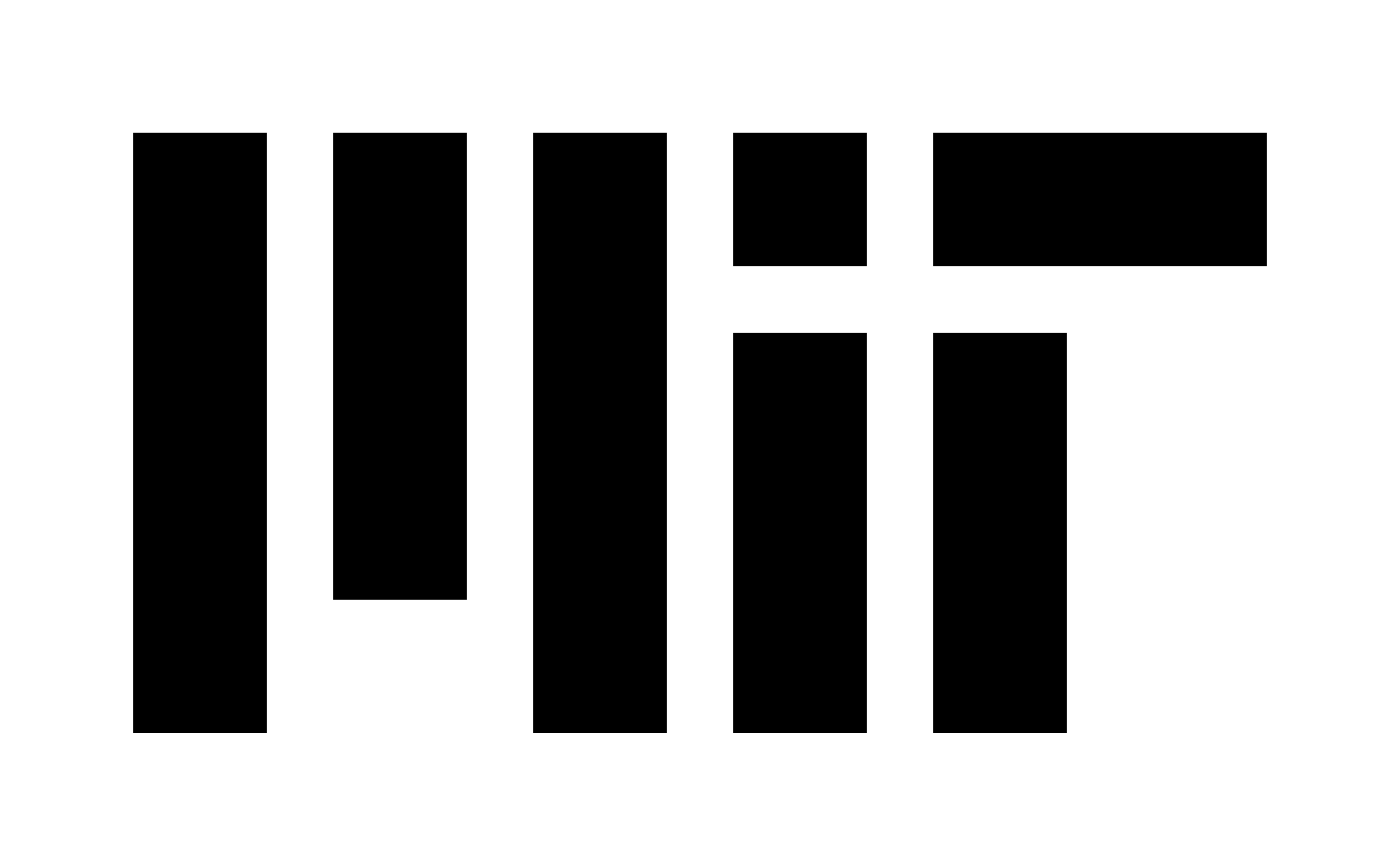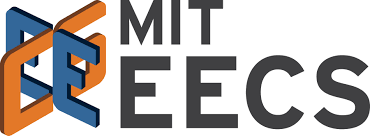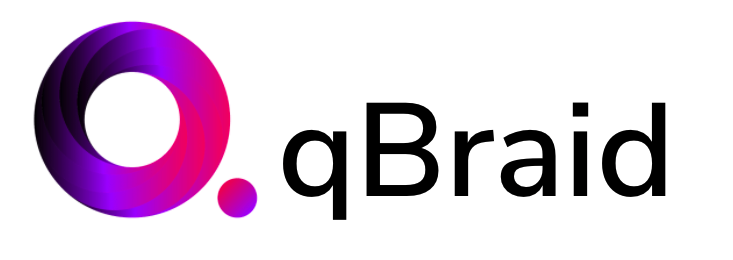iQuHACK 2022
iQuHACK (interdisciplinary Quantum HACKathon) is MIT's annual quantum hackathon. We aim to bring students (high school through early-career professionals) from a diverse set of backgrounds to explore improvements and applications of near-term quantum devices. MIT iQuHACK 2022 was our largest hackathon to date with long-lasting and far-reaching impact for all involved.
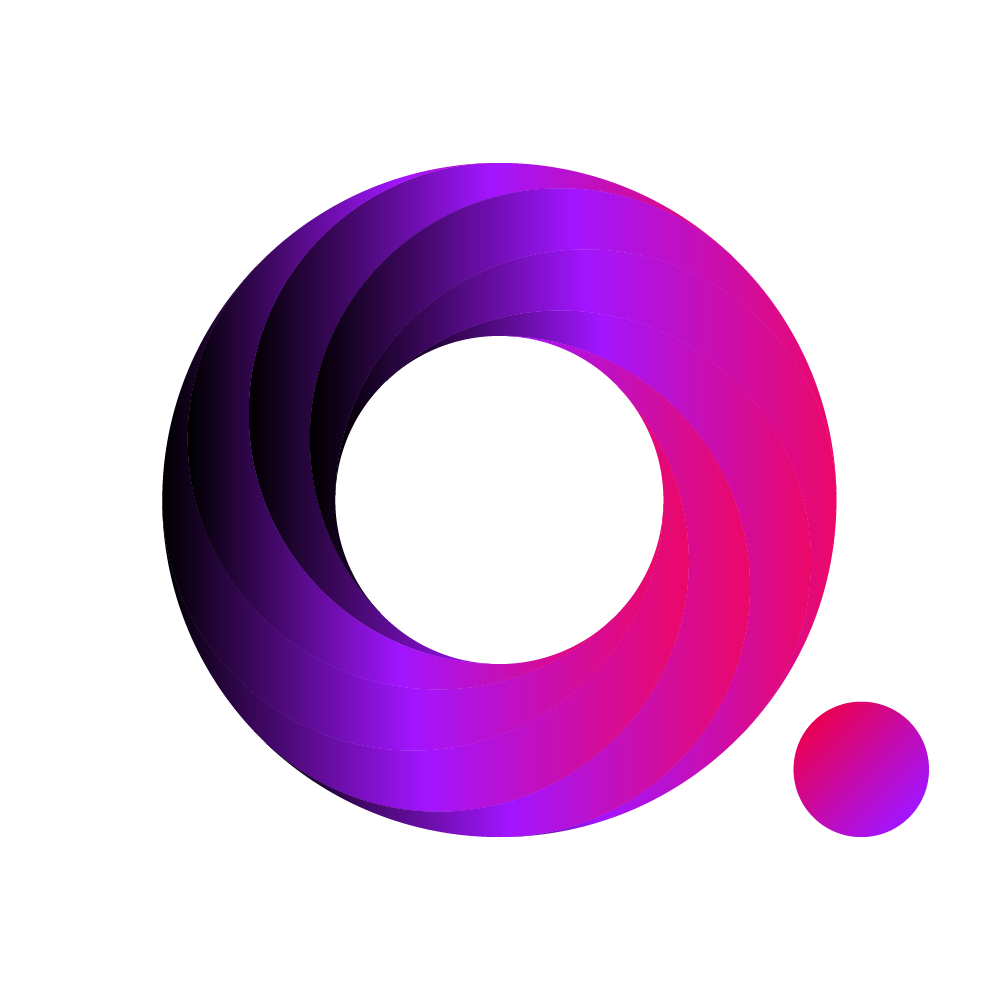
This year, qBraid generously developed an iQuHACK environment containing all of the packages and dependencies necessary to develop projects. Thanks, qBraid!
Here's a summary of the event:
Statistics:
- 570 Unique Livestream Viewers
- 400 Participants Hosted
- 75 Projects Created
- 57 Countries Represented
Project Repos: QuTech Projects, Microsoft/IonQ Projects
Talk recordings: iQuISE YouTube Channel
Winners of MIT iQuHACK 2022:
- Microsoft/IonQ
- Division Winner: Opti-maze. Game in which you can compete or cooperate with a quantum computer to solve optimization problems such as climate change policy. Learn quantum computing and solve the world's problems!
- Second place:
- Qic Qac Qoe. Quantum tic tac toe that will make you be excited again about tic tac toe.
- QuHackJack Casinos™. Cheat at (quantum) black jack by applying quantum gates to the card shuffling.
- Soulinq. Platform game in which your soul is entangled with another player's.
- Wyn. Learn quantum computing by battling with your quantum circuits.
- QuTech
- Division Winner: QuantumRX. Automatic calibration of quantum hardware, very handy for these days in which quantum computers are noisy!
- Second Place: Keytanglement. Quantum communication for a chat server to make your communication unhackable.
- Creativity: QuanTris. Quantum tetris!
- Social good: QuackAttack. Keep your email private with quantum communication!
Thanks to our staff of organizers, mentors, judges, and speakers for your expertise and your valuable time to help make MIT iQuHACK happen at this scale and depth of impact. And, thanks to our wonderful participants for making MIT iQuHACK 2022 an unforgettable event with long-lasting positive impact for all involved.
Congrats again on hacking a quantum computer with MIT!
Challenges
QuTech Division Challenge
https://github.com/iQuHACK/2022_qutech_challenge (repository becomes public at 10AM ET on Jan 29, after which this link will work)
Microsoft/IonQ Division Challenge
https://github.com/iQuHACK/2022_microsoft_ionq_challenge (repository becomes public at 10AM ET on Jan 29, after which this link will work)
Three Special iQuHACK Challenges (announced at 10AM ET on Jan 29)
Prizes for all: winner ceritifcate + special winner shirt + MIT iQuHACK 2022 trophy + special challenge-specific prize
Please note that iQuHACK Swag and certificates will be awarded only to those who submit projects!
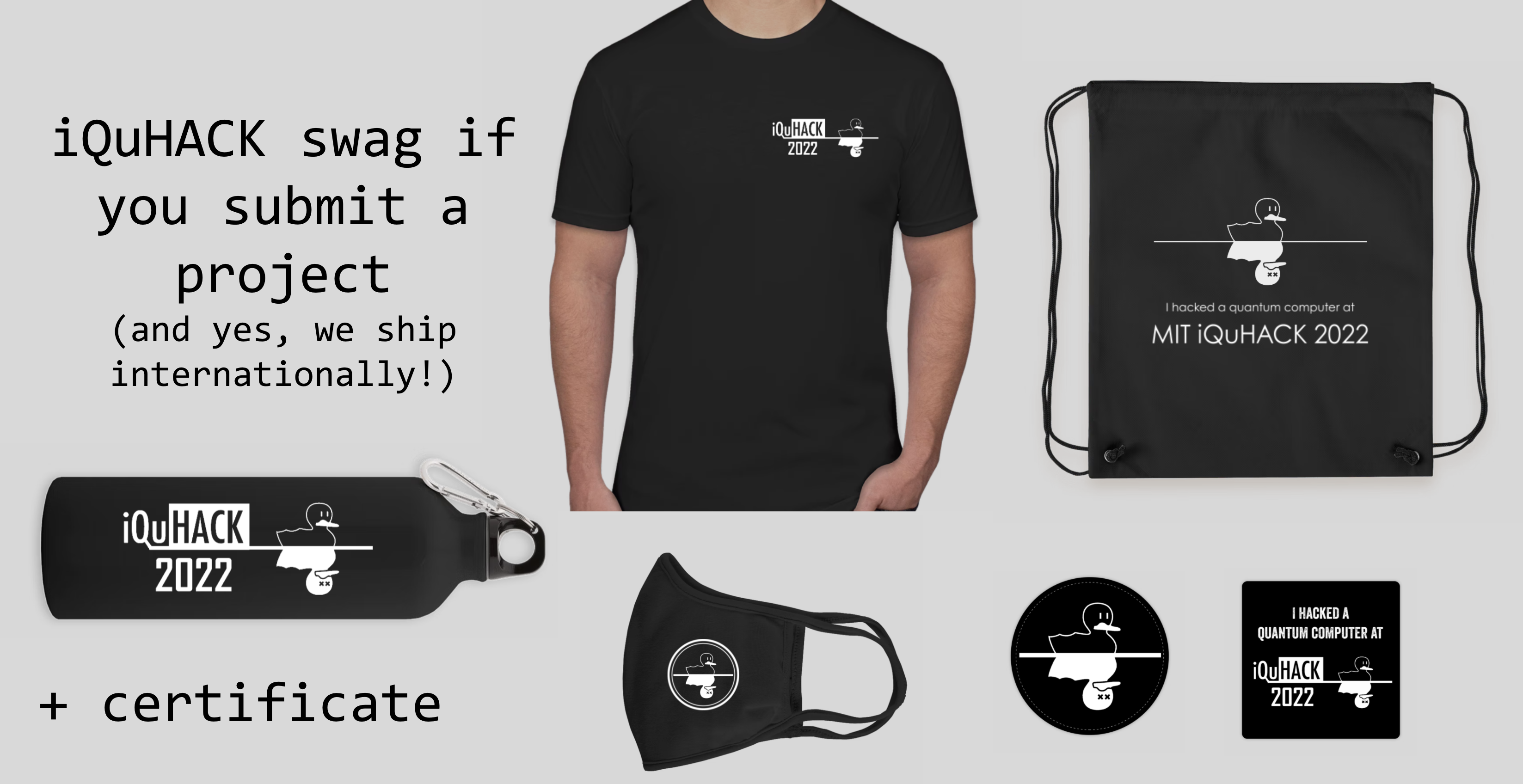
Sample Swag (subject to change)
Mentors
MIT iQuHACK 2022 Mentors, Judges, and Speakers! (click to expand)
| Name | Role | Affiliation | Blurb |
|---|---|---|---|
| Mariia Mykhailova | Mentor, Judge, Speaker | Microsoft | Mariia Mykhailova is a principal software engineer at Microsoft Quantum, focusing on education and outreach. Mariia is the author of the Quantum Katas project, the organizer of the Q# Coding Contests series, a part-time lecturer at Northeastern University Seattle and the author of the O'Reilly “Q# Pocket Guide”. |
| Guen Prawiroatmodjo | Mentor, Judge | Microsoft | Hi, I'm a quantum software engineer at Microsoft. I can help with quantum algorithms, Q# and submitting programs to Azure Quantum using Python and Qiskit/Cirq. |
| Leonard Woody | Mentor, Judge | Microsoft | Leonard Woody is a consultant with 20 years of experience explaining complex subjects to clients. Woody currently works as a program manager for Azure Quantum at Microsoft. He was awarded a BS in Computer Science and a BS in Physics from the University of Virginia. He attained his MS in Software Engineering from George Mason University. |
| George Moussa | Mentor | Microsoft | - |
| Cori Williams | Mentor, Judge | IonQ | hi! my name's cori and I'm a software engineer working on IonQ's quantum OS :D |
| Chase Zimmerman | Judge | IonQ | |
| Daiwei Zhu | Judge | IonQ | Daiwei Zhu is a senior application scientist at IonQ. His research interests include quantum algorithms, hardware-based quantum algorithm optimization, verification and characterization of quantum devices, and quantum machine learning. |
| Jeremy Sage | Judge | IonQ | Jeremy Sage is the Director of Integrated Devices at IonQ, where he leads a team focused on ion trap and integrated ion-control technology development. Before IonQ, Jeremy was a Senior Technical Staff member at MIT Lincoln Laboratory and a PI in MIT's RLE, performing research focused on quantum information processing. |
| Peter Maunz | Judge | IonQ | |
| Richard Versluis | Mentor, Judge, Speaker | QuTech/TNO | Director of Engineering QuTech |
| Miguel S. Moreira | Mentor, Judge, Speaker | QuTech, Delft University of Technology | Miguel Moreira is a Research Engineer at the DiCarlo Lab in QuTech. His work focuses on building the hardware and software required to operate and manipulate quantum computers. More broadly, it is aligned with the DiCarlo Lab's stated mission to realize the prototype of a quantum computer demonstrating quantum fault tolerance. |
| Ricky Young | Mentor, Judge | qBraid | - |
| Ryan Hill | Judge | qBraid | - |
| Roni Winik | Mentor, Judge | MIT | PostDoc in Will Oliver Group |
| Max Hays | Judge | MIT | Max completed his PhD in superconducting qubits with Michel Devoret at Yale University in 2020. He then joined the Engineering Quantum Systems group with Will Oliver at MIT. |
| Patrick Harrington | Judge | MIT | Patrick experiments with superconducting qubits at MIT by researching open quantum systems and exploring qubit errors caused by ionizing radiation. |
| Chuck (Hyeongrak Choi) | Judge | MIT | Hyeongrak “Chuck” Choi received his BS in Electrical Engineering and Computer Science from Seoul National University in 2014, with a National STEM scholarship. He received a Samsung Fellowship for graduate study and joined MIT later that year, working with Prof. Dirk Englund on quantum information, quantum computing, and quantum photonics. In 2020, Choi received the Claude E. Shannon Fellowship for his contributions to quantum network computing theory. |
| Valeria Saggio | Judge | MIT | Multipartite entanglement verification, measurement-based quantum computation, photonic quantum machine learning, teleportation and entanglement swapping |
| John Chiaverini | Judge | MIT, Lincoln Lab | Trapped-ion quantum information processing |
| Lorenzo De Santis | Judge | MIT | - |
| Adrian Menssen | Judge | MIT | - |
| Aziza Suleymanzade | Judge | Harvard | I'm a postdoctoral fellow at Harvard in the Lukin group, currently working on experimental realizations of extended quantum networks. My primary interests include using hybrid quantum platforms and nonlinear photonics as a tool for quantum simulation and technology. |
| Vishal Bajpe | Mentor | Qiskit Advocate | - |
| Parmeet Singh Chani | Mentor | Qiskit Advocate, Delhi Technological University | Parmeet Singh is a student researcher in the field of quantum machine learning, who has a knack for mentoring and helping the community grow and likes watching anime for some fun pass time. |
| AJ Rasmusson | Mentor | IBM | - |
| Rex Brown | Mentor | HRL | - |
| Faustin Carter | Judge | HRL | Software Developer and Physicist at HRL Laboratories. Prior to that was a member of the South Pole Telescope team at Argonne National Laboratory working on superconducting photon sensor technology. |
| Jacob Blumoff | Judge, Speaker | HRL | - |
| Brett Yurash | Judge | HRL | |
| Parker Williams | Judge | HRL | - |
| Michał Stęchły | Mentor | Zapata Computing | - |
| Brian Dellabetta | Mentor | Zapata Computing | My background is in computational physics, software development, machine learning and data engineering. I have been in the quantum computing industry for just over 1 year. |
| Peter Johnson | Judge | Zapata Computing | After receiving his PhD from Dartmouth College in 2016, Peter moved to the Harvard Chemistry Department to research quantum algorithms. There, he and several colleagues from the Aspuru-Guzik group co-founded Zapata Computing. Peter now leads the Zapata quantum research team, focusing on developing quantum algorithms for solving industry-relevant problems. |
| Connor Hann | Judge | Yale | Connor recently completed his PhD in physics at Yale University. He is a theorist whose main research interest is quantum computing, and he has worked on superconducting qubits, quantum error correction, and quantum algorithms. |
| Sara Mouradian | Judge | University of Washington | Sara Mouradian is an Assistant Professor of Electrical and Computer Engineering at the University of Washington working to make large scale trapped ion quantum computers a reality. |
| Dalia Ornelas Huerta | Judge | Metalenz |
Resources
Here are some tutorials and resources prepared by our challenge sponsors and the iQuHACK team.
General Resources
- Quantum Computers Explained (Kurzgesagt): https://www.youtube.com/watch?v=JhHMJCUmq28
- What Quantum Computing isn't (Scott Aaronson): https://www.youtube.com/watch?v=JvIbrDR1G_c
- Github Tutorial: https://docs.github.com/en/get-started/quickstart/hello-world
- Python Refreshers:
- Gather Town Tutorial: https://docs.google.com/document/d/1kngaWIQSHlSOfNq6S2s9SLy_o6GvLMmkxcpv4AvuMrc/pub
qBraid Resources
- If you are unfamiliar with setting up an environment within which to use the quantum computing SDKs provided by Microsoft, IonQ, and/or Quantum Inspire, we highly recommend following the qBraid tutorials listed below. Using qBraid, however, is not required for iQuHACK 2022.
- MIT iQuHACK x Quantum Inspire Tutorial: https://www.youtube.com/watch?v=ONeTa4THEWs
- MIT iQuHACK x Microsoft Q# Tutorial: https://youtu.be/E5JH1YfqSos
- Additionally, when you log into your qBraid account, you will be able to scroll down and watch tutorial videos from your home page.
QuTech Resources
- Quick start guide: https://drive.google.com/file/d/1baq3HATpdHEwogwsRdRzrd60h_UDXUmN/view
Microsoft + IonQ Resources
- All Azure Quantum and QDK documentation: https://docs.microsoft.com/quantum
- The Quantum Katas - a collection of tutorials and practice problems https://github.com/Microsoft/QuantumKatas/
- Microsoft Learn learing path "Quantum computing foundations" https://docs.microsoft.com/en-us/learn/paths/quantum-computing-fundamentals/
- Q# dev blog https://devblogs.microsoft.com/qsharp/
- All participants in the Microsoft/IonQ challenge division should create a Microsoft Azure account before Friday (1/28). Here's how for university students and for high school students. Each team in the Microsoft/IonQ challenge division must have at least one member with an Azure account to run quantum circuits on IonQ's real quantum hardware. If no one on your team can create an Azure account, please post in the #microsoft-ionq-trapped-ion on the iQuHACK slack. As a last resort and at your own risk, you may create an account on Azure directly, which may require your credit card although you will not need to incurr any costs for the purposes of this hackathon. AFTER creating a Microsoft Azure account, please fill out this form to get access to IonQ hardware through Microsoft Azure: https://forms.gle/ijGrfswUf8Q9ux7Z9.
FAQ
- Will MIT iQuHACK 2022 be fully remote?
Yes! In light of recent developments, we are shifting to a fully remote model for iQuHACK 2022 to ensure the safety of our participants, mentors and staff.
- What is MIT iQuHACK?
- A hackathon is a focused, multi-day event where participants work collaboratively to create code-based projects. MIT iQuHACK is a hackathon focused on learning what quantum computers are and how to use them. By participating in the in-person hackathon, you will have the opportunity to develop your program and run it on real quantum hardware! This year, we are also offering the option to participate remotely on simulator-based challenges.
- When and where will MIT iQuHACK happen?
MIT iQuHACK will be held January 29-30, 2022. We are planning for a full-remote event with live-streamed talks, networking events, and challenges. There will be optional workshops offered on Friday, January 28, 2021. All active sessions will take place in Eastern time.
- I cannot travel to Boston for iQuHACK this year, can I still join?
Yes! iQuHACK 2022 will be fully remote!
- Who can participate in iQuHACK?
iQuHACK is open to all students (high school, undergraduate, graduate), non-faculty university affiliates (e.g. post-doc) and professionals that registered and were confirmed (via email) for the event. Registration will close on January 21st, 2022. No (virtual) walk-ins will be permitted.
- Do I have to pay to participate at MIT iQuHACK?
No, participation in iQuHACK is free! Snacks, drinks, and some meals will be provided for all registrants during the hackathon.
- How do I sign up for MIT iQuHACK?
You can sign up at the link above.
- What do I get for participating at MIT iQuHACK?
MIT iQuHACK's goal is to extend your quantum computing knowledge and give you experience using the world's most advanced quantum computers. You'll get the opportunity to learn from experts and network with other individuals interested in quantum computing. Last but not least, you'll have a shot at winning some cool quantum swag items.
- How can I prepare for MIT iQuHACK?
An optional workshop will be offered on Friday, January 28th to provide you with a basic introduction to quantum processing and how to interface with quantum hardware. Optional resources and tutorials will also be offered and advertised to provide you with a basic introduction to the Quantum SDKs needed to compete in MIT iQuHACK. Additionally, if you are an MIT student, you can enroll in 6.s089, which is offered over IAP 2022.
Before iQuHACK 2022 begins, you should prepare an electronic device that will allow you to write code (e.g. laptop). We would also highly recommend that you install and test the Quantum SDKs you wish to use, ahead of time.
You can also prepare on your own using online resources; but remember, in the interest of fairness, you can't start working on your project for the hackathon before it begins!
- What programming languages are allowed?
For both in-person challenges, we will be using Python. More information about in-person and remote challenges will be announced later.
- How will the teams be formed?
Teams must have at least 3 members and no more than 5 members. Participants are welcome to form teams on their own prior to the event; however, there will be a period at the beginning of the event for official team formation.
- Who is hosting MIT iQuHACK?
iQuHACK is hosted by MIT's Interdisciplinary Quantum Information Science and Engineering (iQuISE) program, a student led organization of graduate students and post-docs with research interests in experimental and theoretical quantum information science, computation, and communication. For more information about iQuISE send an email to iquise-exec@mit.edu or visit www.iquise.mit.edu.
- How can my company be involved in iQuHACK?
If your company is interested in becoming a sponsor for iQuHACK, please reach out to our planning team at iquhack@mit.edu.
More questions? If you have a question not answered by the FAQs or the introduction above, feel free to send an email to iquhack@mit.edu.
iQuHACK Organizing Committee
Shantanu Jha, Shoumik Chowdhury, Carlos Errando Herranz, Jawaher Almutlaq, Maddie Sutula, Eric Bersin
Platform Sponsors
Sponsors
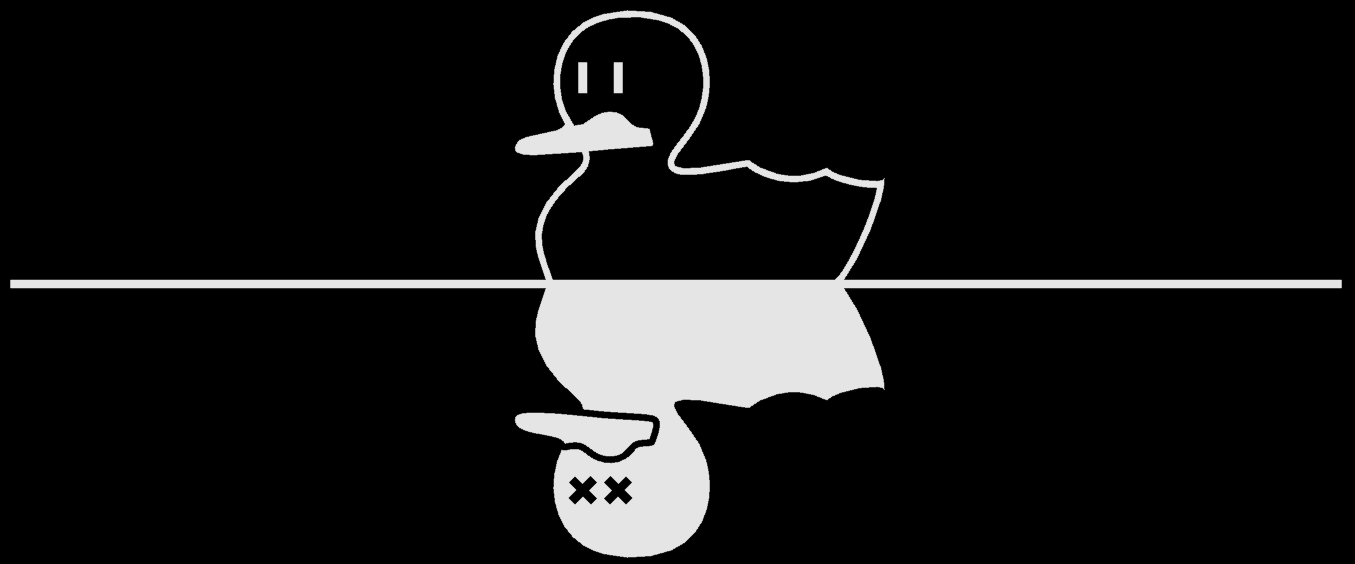 Go to previous hackathon
Go to previous hackathon
